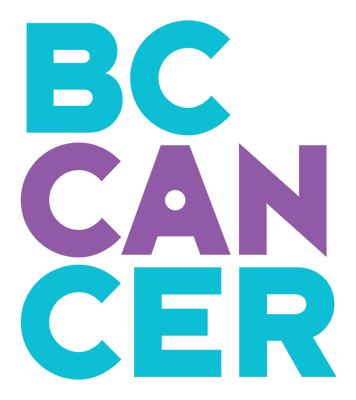Yes, red meat in moderation can be part of a healthy diet. Red meat includes beef, pork, goat, and lamb. These foods provide many nutrients including iron, protein, vitamin B12, and zinc. See the "The Importance of Eating Protein" (PDF) handout during treatment and recovery for more about this nutrient.
It is recommended to limit red meat in your diet to 500 grams (18 ounces) cooked or less per week. Eating processed meat and too much red meat can increase the risk of colorectal cancer.
Processed meat may also increase the risk for cancer of the stomach, nasopharynx, esophagus, lung and pancreas.
Processed meat is often made from red meat, but poultry, or other meats that have been commercially preserved by smoking, curing, or with additives like nitrates are also considered processed meat. Examples of processed meats include ham, bacon, sausage, salami, hot dogs, pepperoni, many deli meats, and bologna. Products that are preserved with naturally-occurring nitrites such as celery extract are still considered processed meats and may also increase risk of cancer.
If you choose to eat processed meat, eat it in small amounts and less often, like ham at a holiday dinner or a hot dog at a hockey game.
The Canadian Cancer Society has more information about red and processed meat and cancer prevention on their website.

